Mouth Ulcers in Dogs: Causes, Symptoms& Treatment
Mouth ulcers in dogs refer to the presence of small, painful sores or lesions in the mouth, often on the gums, tongue, or inside of the cheeks. They can be a symptom of a wide range of health conditions and can cause discomfort and pain for your dog, making it difficult for them to eat or drink. To better understand mouth ulcers and provide timely pain relief for your dog, in this article, the following will be discussed:
- Signs and Symptoms of Mouth Ulcers in Dogs
- What Causes Mouth Ulcers in Dogs?
- How to Treat Mouth Ulcers in Dogs?
- Prevention and Management of Mouth Ulcers in Dogs
Signs and Symptoms of Mouth Ulcers in Dogs
Mouth ulcers in dogs can cause a variety of signs and symptoms, which can vary depending on the underlying cause and severity of the ulcers. Here are some of the most common signs to look out for:
- Bad breath: Mouth ulcers can cause a foul odor in your dog's breath.
- Refusal to eat: Painful mouth ulcers can make it difficult or painful for your dog to eat or drink, leading to decreased appetite or refusal to eat altogether.
- Drooling: Mouth ulcers can cause excessive drooling or salivation.
- Pawing at the mouth: Dogs with mouth ulcers may paw at their mouth or face in an attempt to relieve the pain or discomfort.
- Redness or swelling: Ulcers can cause redness, swelling, or inflammation in the gums, tongue, or other areas of the mouth.
- Bleeding: Severe ulcers can cause bleeding in the mouth or on the gums.
- Unusual behavior: Dogs in pain may exhibit unusual behavior, such as lethargy or irritability.
What Causes Mouth Ulcers in Dogs?
Common Causes of Stomatitis in Dogs
1. Physical
- Trauma to the lining of the mouth is caused by swallowing, licking, and biting sharp bone spurs, dry and hard food, foreign objects, etc., resulting in inflammatory infection in dogs and cats.
- Inflammation of the epidermal mucosa of the oral cavity is caused by the ingestion of a strong heat irritant diet.
- Inflammation of the lining of the oral cavity is caused by fighting between dogs.
- In addition, in addition to the violent use of chewing and dental instruments, dogs and cats chewing on wires and other abnormal behavior can cause trauma to the mouth, especially the tongue.
2. Chemical
- Heavy metal poisoning or the ingestion of corrosive substances such as caustic soda, ammonia, feeding moldy feeds, or oral administration of irritating drugs in too large a concentration can also lead to severe oral inflammation. The most common site of bleeding is the oral cavity, manifested as bleeding gums or stasis of the oral mucosa, or both.
3. Biological
- Bacterial infections: Staphylococcus aureus, Streptococcus, Pneumococcus.
- Viral infections: canine distemper virus, canine infectious hepatitis virus, and herpes virus.
- Fungal infections: fungal stomatitis usually develops as a result of prolonged antibiotic treatment, may be associated with immunodeficiency diseases, and can occur as a complication of other oral diseases. Studies have shown that the most common form is mycosis fungoides caused by Candida albicans infection.
4. Nutritional
- Inappropriate protein-to-energy ratio: Etiology is particularly common when animals suffer from a primary disease that causes excessive protein loss secondary to oral ulcers.
- Micronutrient deficiency: The vitamins that cause stomatitis in dogs and cats are mainly B vitamins as well as vitamin C. The mineral micronutrients that cause stomatitis are mainly Fe and Zn.
How to Treat Mouth Ulcers in Dogs?
Use anti-inflammatory medication or anti-inflammatory sprays to reduce your dog's pain, depending on your vet's diagnosis. For example, a dog with fungal stomatitis will need antifungal medication, while a dog with a bacterial oral infection will need appropriate antibiotics.
I also recommend avoiding chew toys, dental chews, and hard snacks during this period. These can cause mechanical irritation, which can cause further damage and hinder the healing process.
If the dog's lips or lip folds are affected, it is important to keep these areas clean and dry. This is important to control inflammation and prevent secondary infections from progressing. Your vet may also shave the hair around your dog's mouth and prescribe a topical disinfectant to thoroughly clean the teeth in this area.
In addition, if your dog has been scratching or rubbing his face, he may need an Elizabethan collar (aka "E collar") to prevent him from continuing to hurt his lips and skin.
For physical (Traumatic Ulcers)
Traumatic ulcers usually heal on their own within a few days. However, the veterinarian may recommend topical treatments(Over-the-counter sprays) to reduce pain and inflammation and prevent infection.
For Biological (Fungal Infections)
It may be treated with anti-inflammatory drugs such as metronidazole to reduce inflammation and suppress the immune system response.
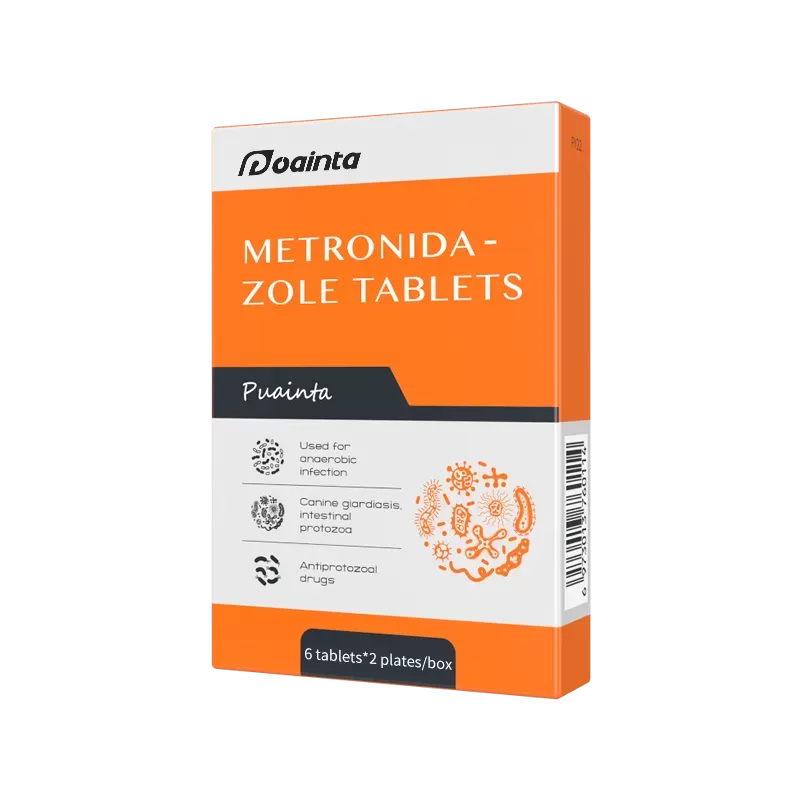 |
How to useOral administration: Feed 25mg per kg of weight, or as directed by the veterinarian.
|
For Nutritional
If your dog has oral ulcers caused by long-term vitamin deficiency, it is recommended to use vitamin B complex solution, a cycle of 7-14 days, 2 times a day.
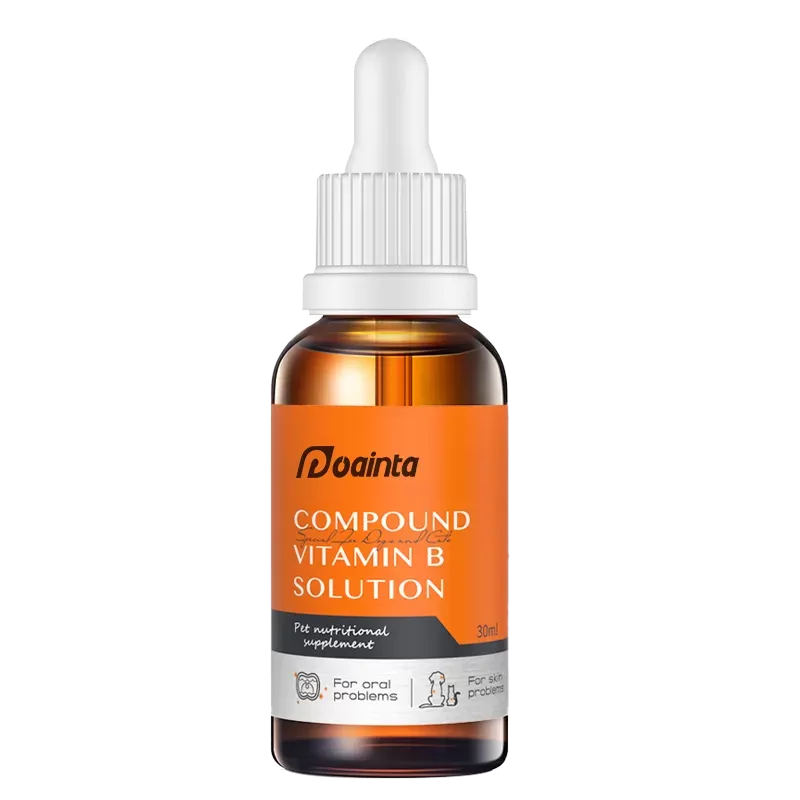 |
How to use
|
Prevention and Management of Mouth Ulcers in Dogs
Preventing and managing mouth ulcers in dogs depends on the underlying cause of the ulcers. Here are some general tips for prevention and management:
- Regular oral care: Maintaining good oral hygiene by brushing your dog's teeth and providing dental chews or powder can help prevent the formation of ulcers and other dental problems.
- Healthy diet: Feeding your dog a healthy, balanced diet can help prevent mouth ulcers caused by nutritional deficiencies.
- Allergy management: If your dog has allergies, identifying and managing the allergen can help prevent the formation of ulcers.
- Medication management: If your dog is taking medication that can cause ulcers, such as NSAIDs or chemotherapy drugs, work with your veterinarian to manage the medication and minimize the risk of ulcers.
- Prompt treatment: If your dog develops a mouth ulcer, it's important to have it evaluated by a veterinarian and treated promptly to prevent complications and reduce discomfort.
- Follow-up care: If your dog has recurrent or chronic ulcers, work with your veterinarian to develop a management plan that includes regular check-ups, monitoring, and ongoing treatment.
FAQ
How Do I Know If My Dog Has Stomatitis?
The symptoms of stomatitis in dogs can vary depending on the severity and underlying cause of the condition. However, some common signs that your dog may have stomatitis include:
- Redness and inflammation of the gums, tongue, and mucous membranes inside the mouth.
- Ulcers or sores on the gums or tongue, which may be painful.
- Bad breath.
- Drooling or excessive salivation.
- Difficulty eating or loss of appetite.
- Pawing at the mouth or rubbing the face against objects.
- Weight loss or lethargy.
What Do Dog Mouth Ulcers Look Like?
- Small, round, or oval-shaped ulcers that appear white or yellow in the center with a red border.
- Raised, inflamed, or swollen tissue around the ulcers.
- Ulcers that bleed or are painful to the touch.
- Crusty or scaly lesions in and around the mouth.
- Excessive drooling or pawing at the mouth.
- Foul-smelling breath.
You May Also Like
View all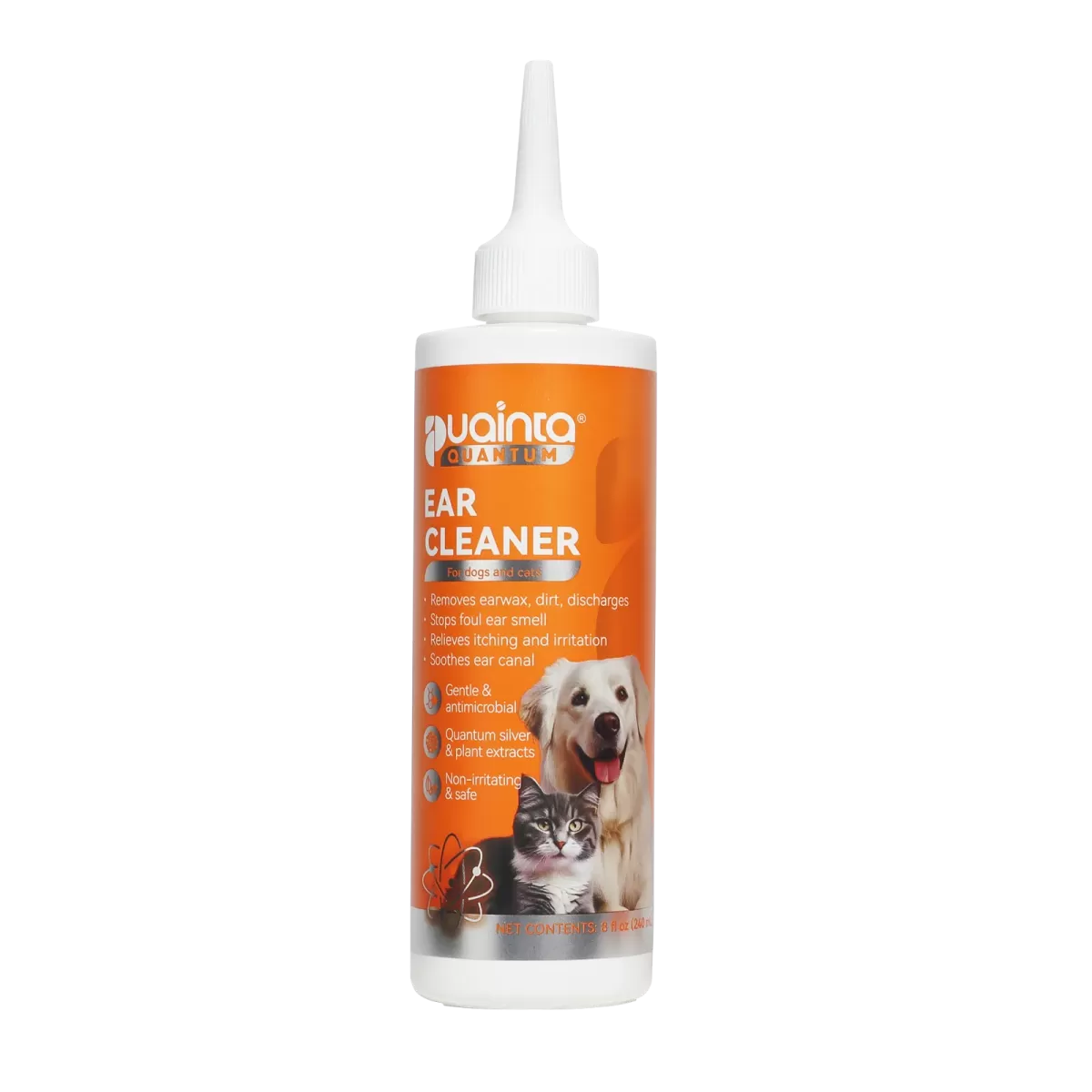
Puainta® Quantum Ear Cleaner for Dog/Cat's Itch Infection
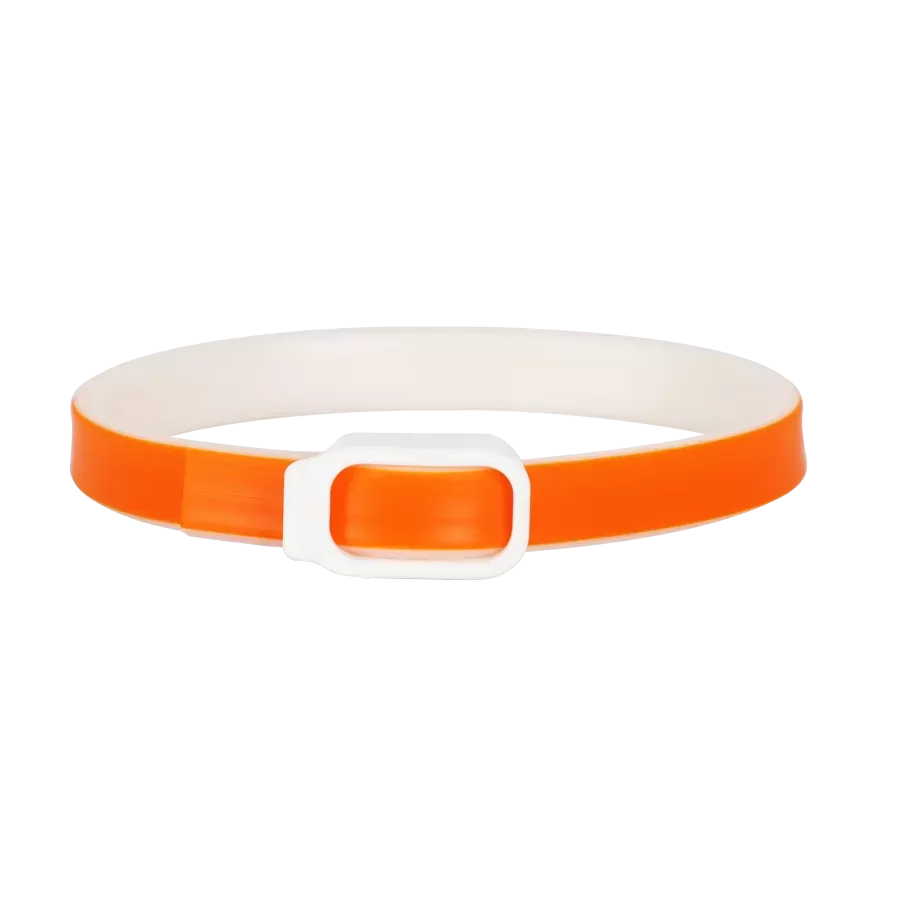
Puainta® Pest Control Collar for Dogs/Cats

Puainta® Banov Shampoo for Skin Disease, 8 floz
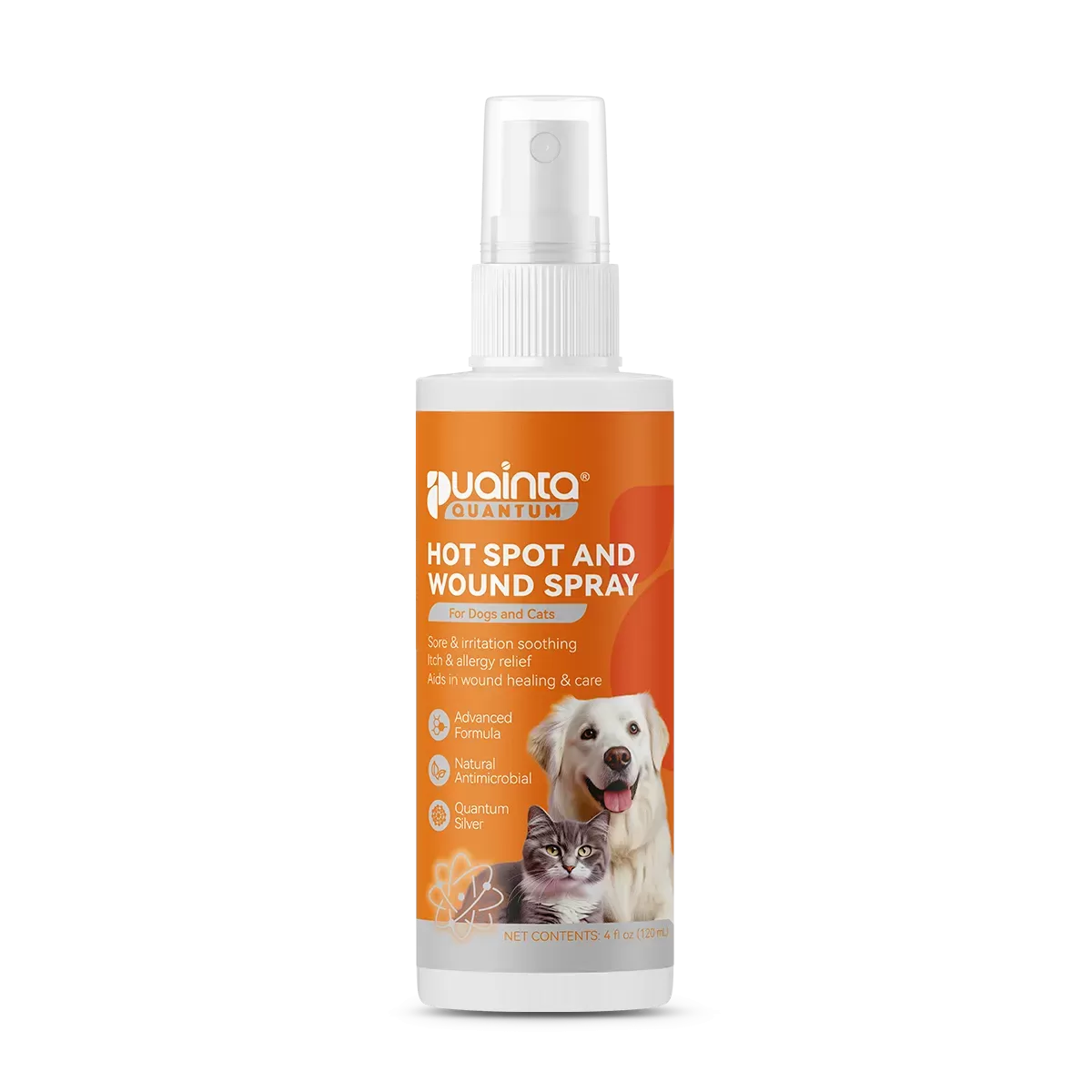
Puainta® Quantum Silver Anti-itch Skin Spray for Dogs/ Cats, Upgraded Pipot Mange Relief
What Pet Parents Are Saying
Take more videos of pet usage, for a chance to be featured
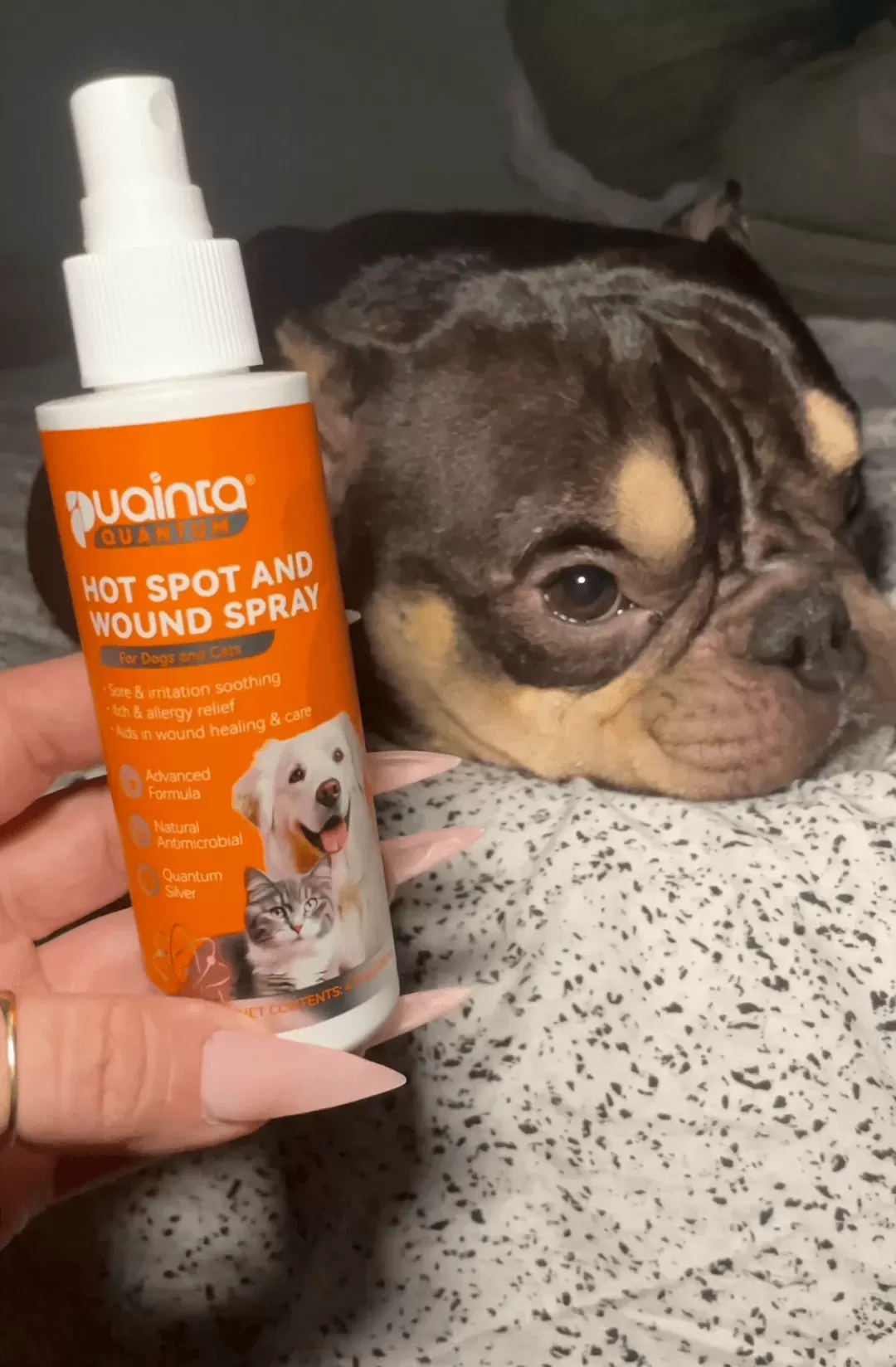
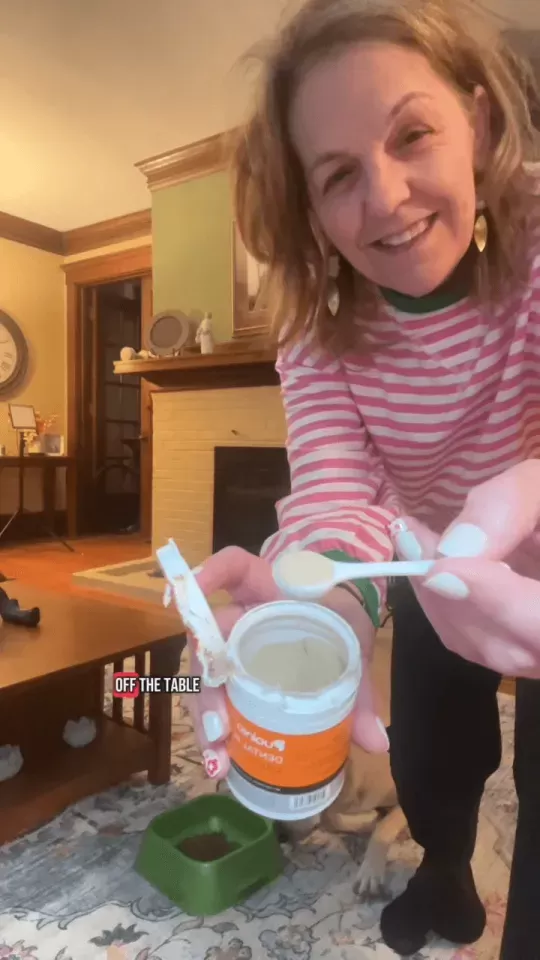

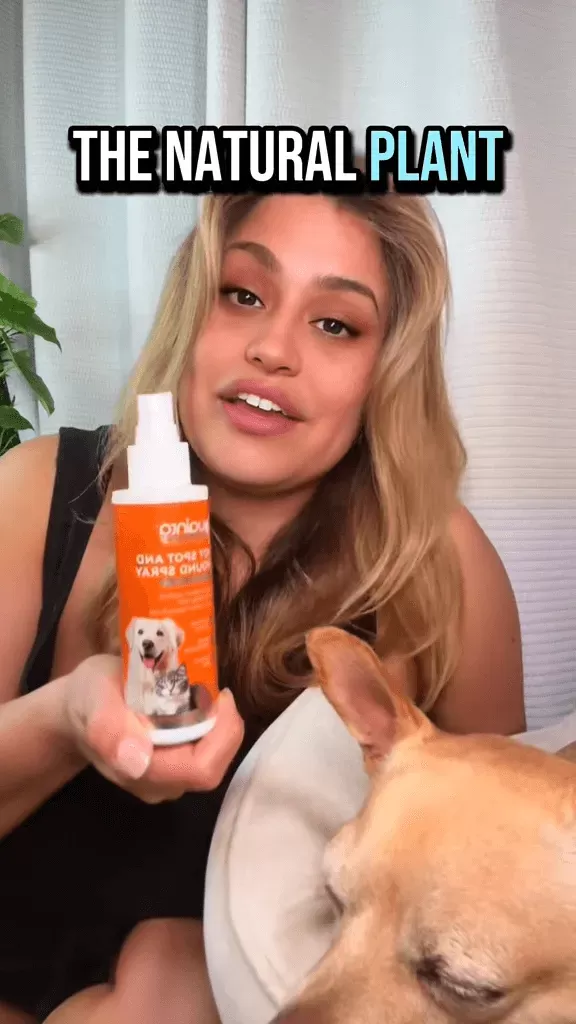
Join The Puainta
Become one of pet parents and get professional tips, immediate product info, updated promotions and discounts, and more surprises from us!

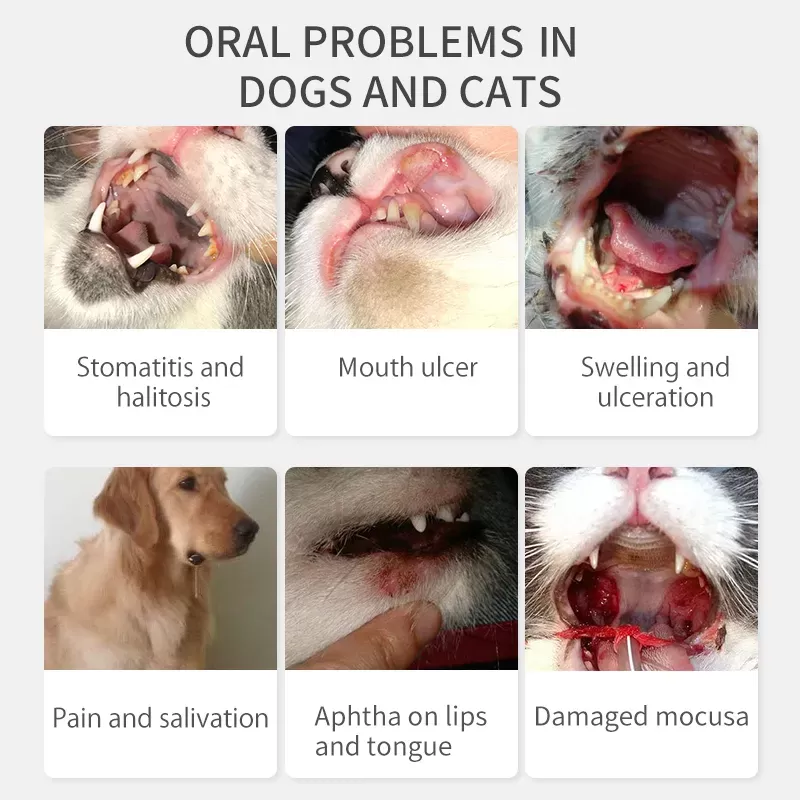
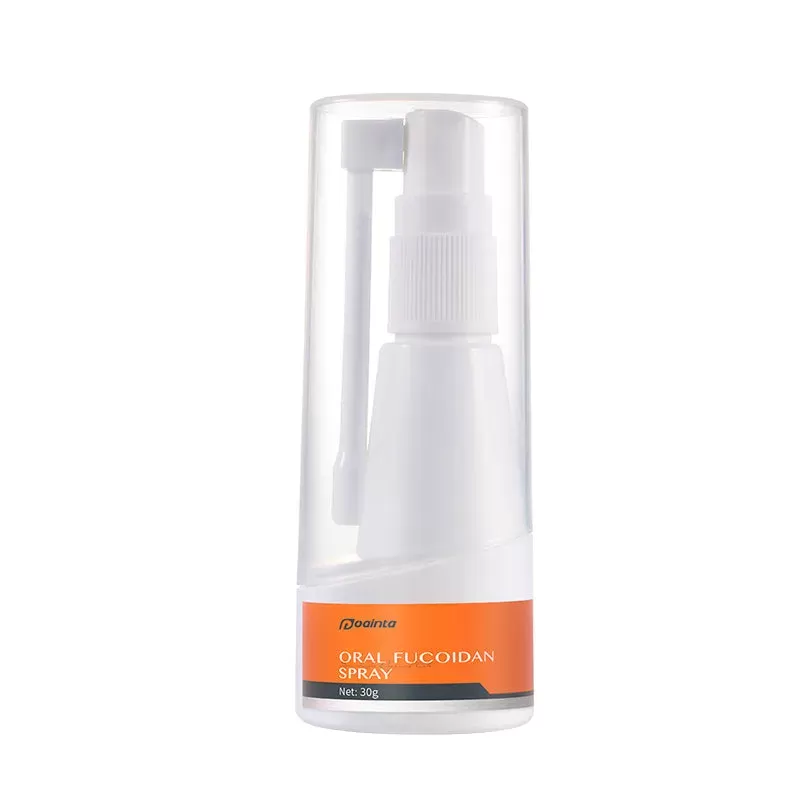
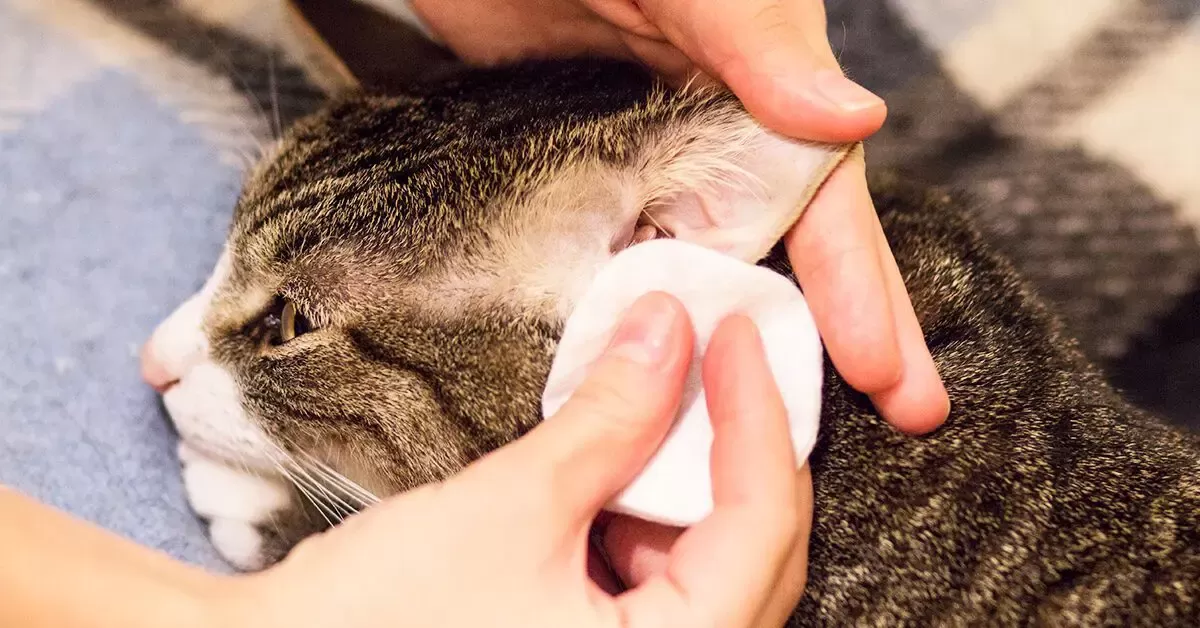
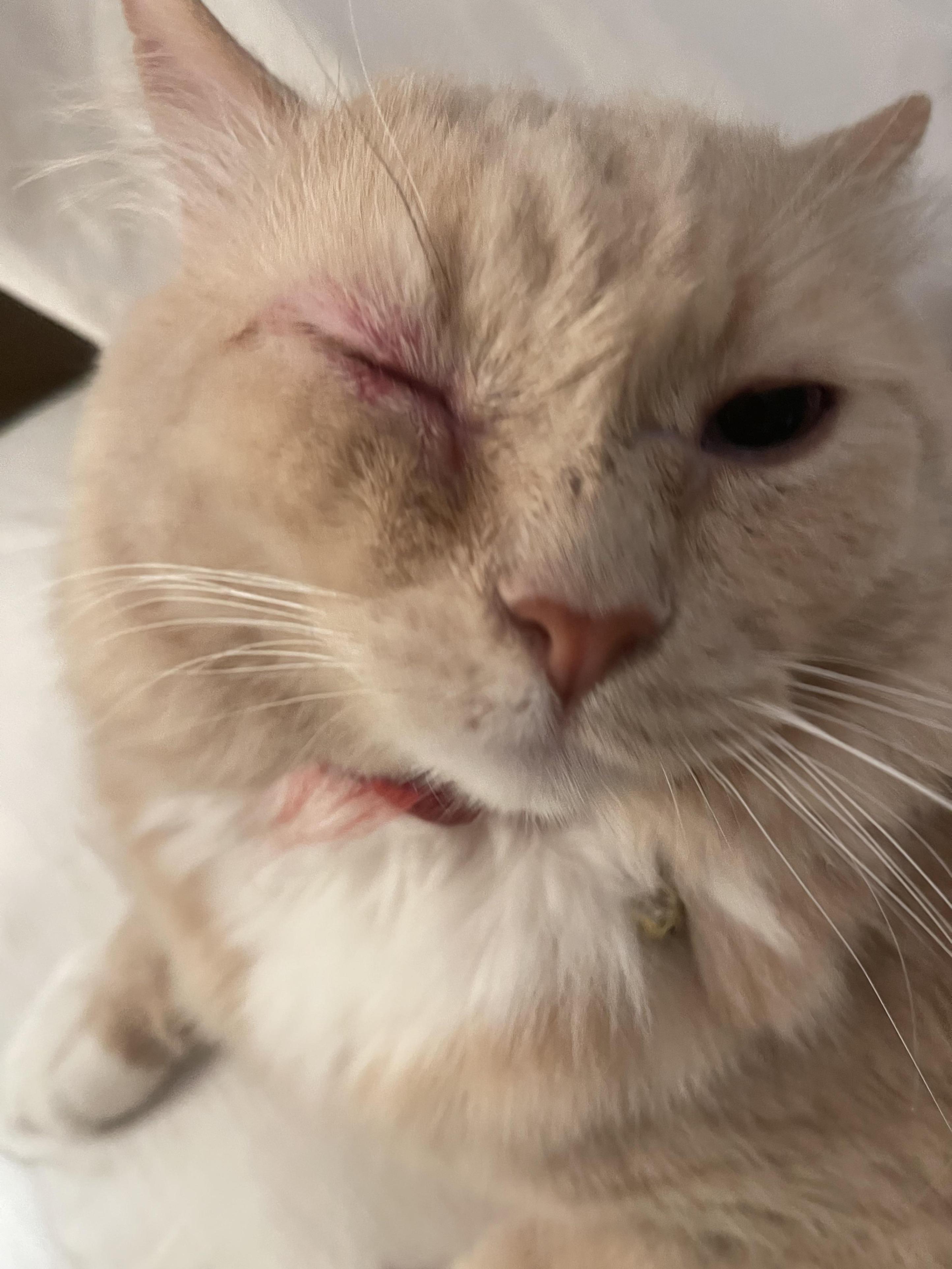
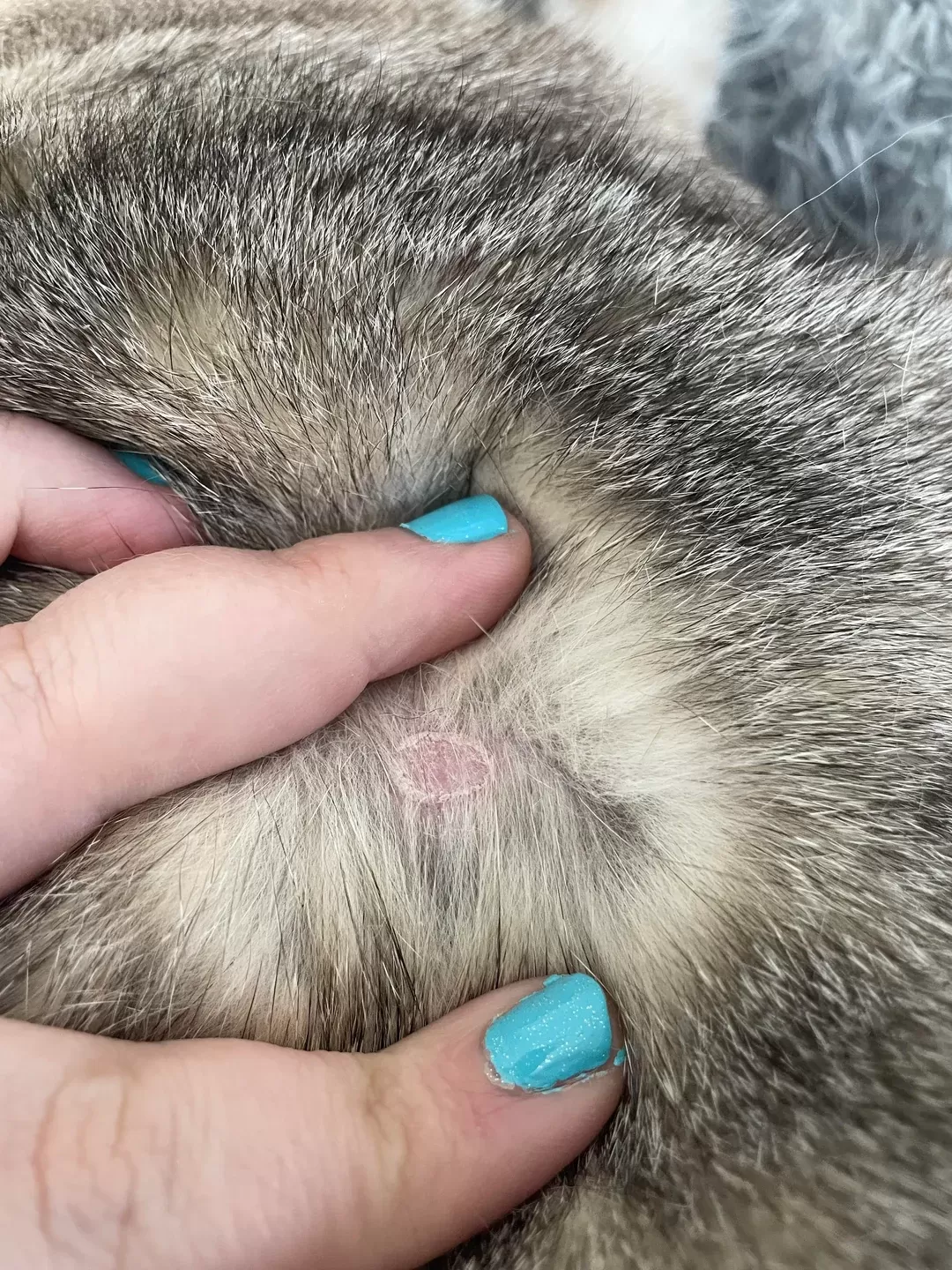
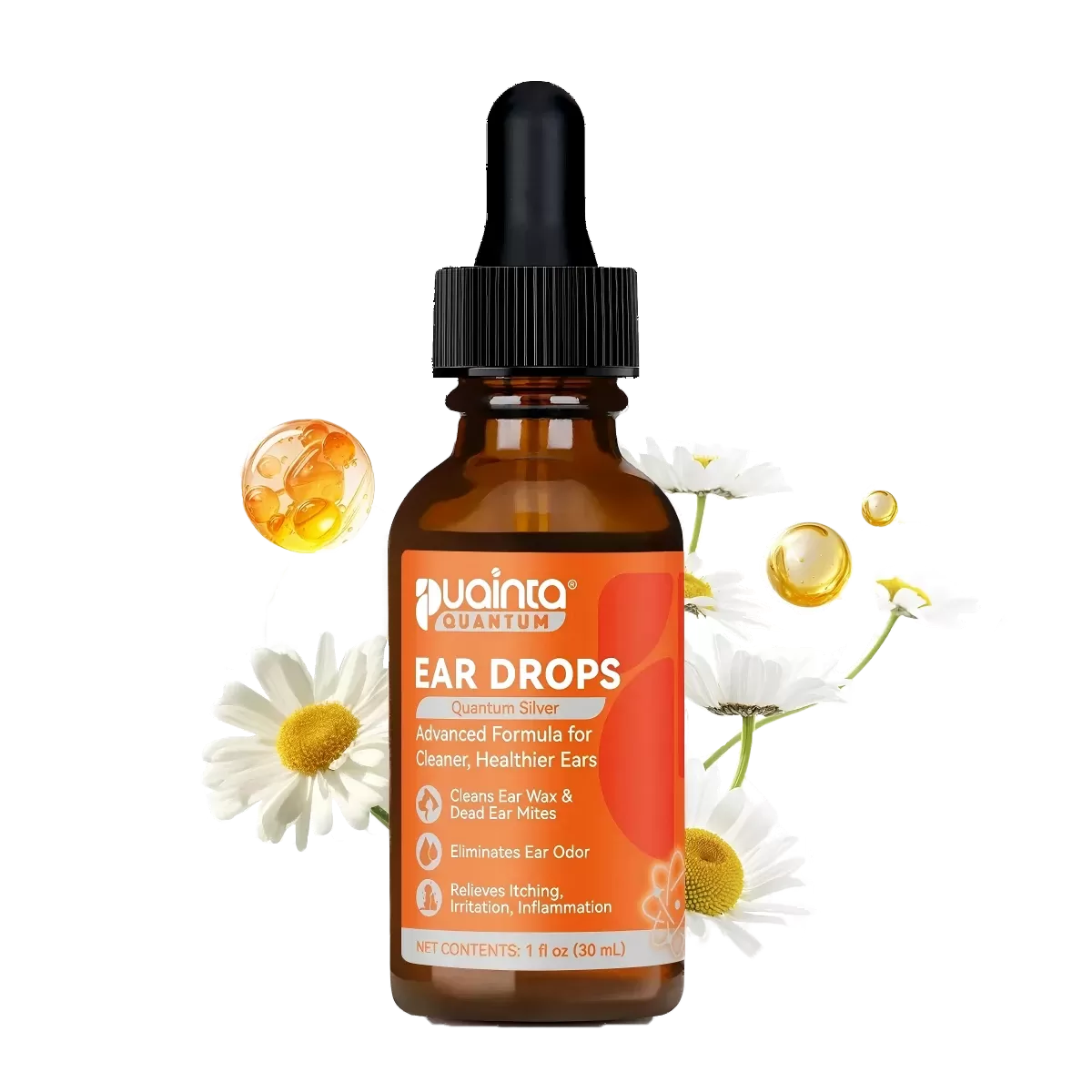
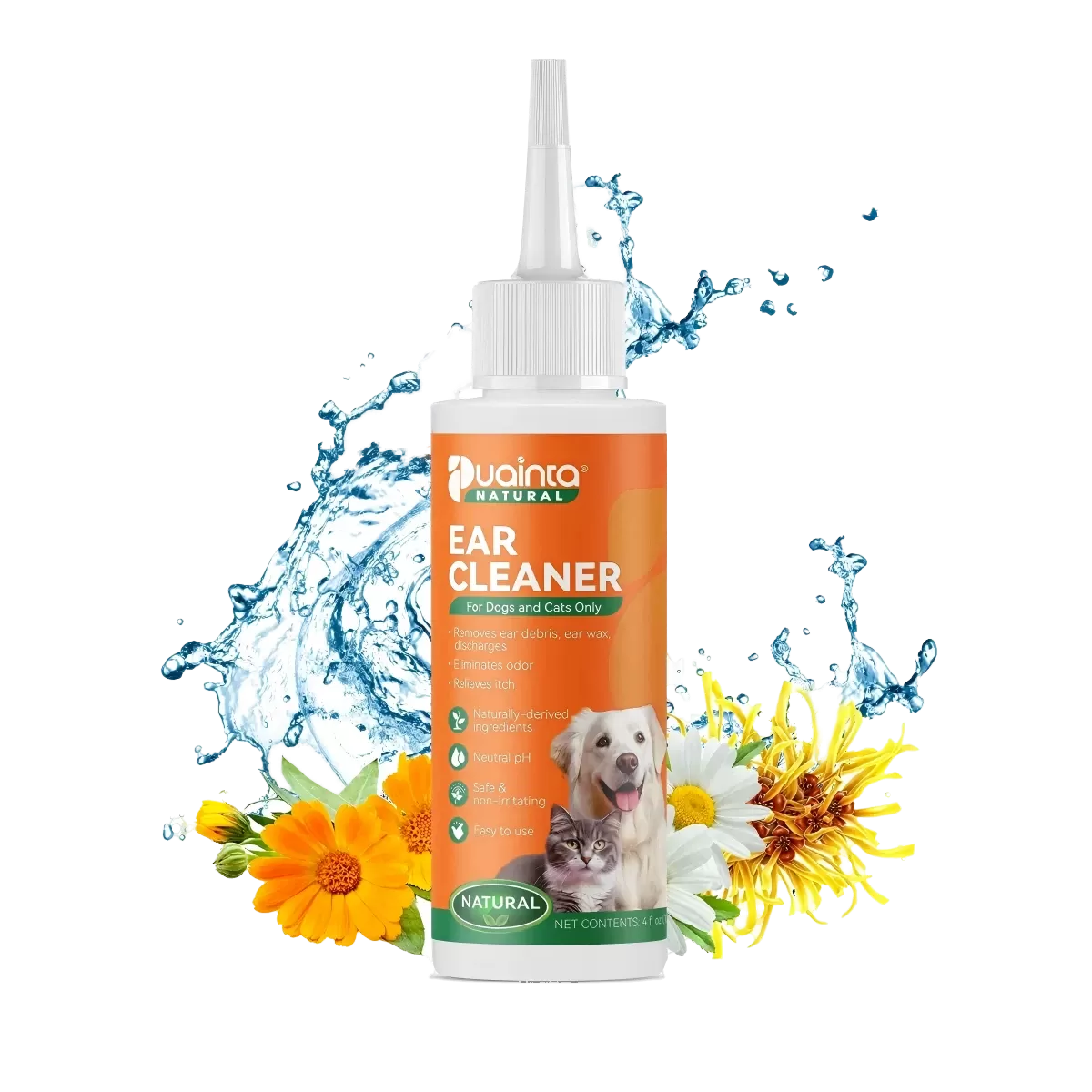









This site is protected by reCAPTCHA and the Google Privacy Policy and Terms of Serviceapply.